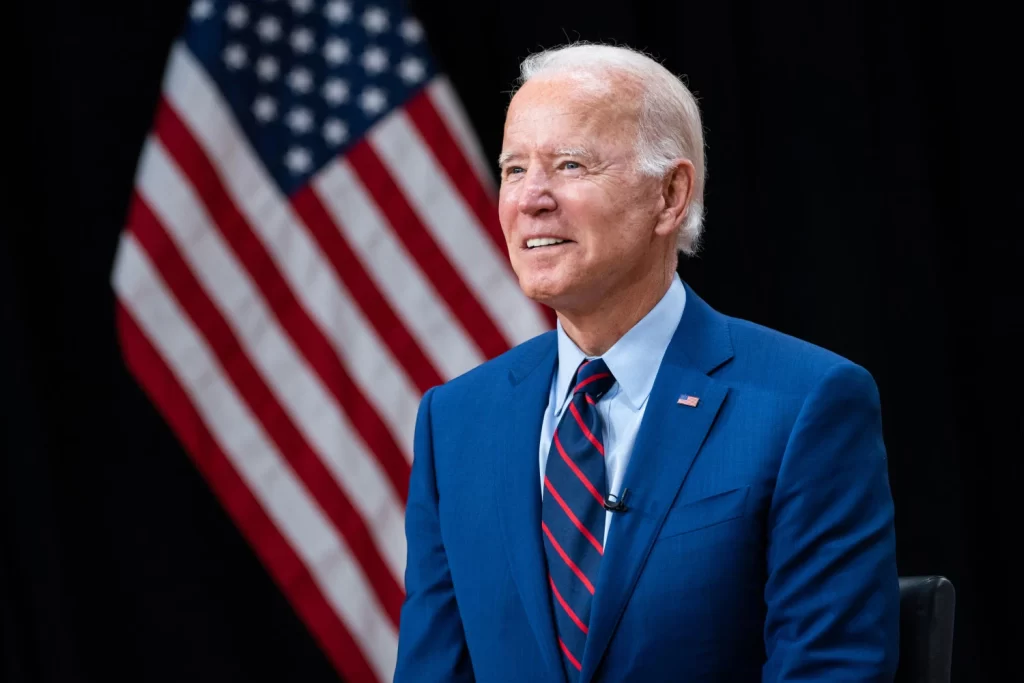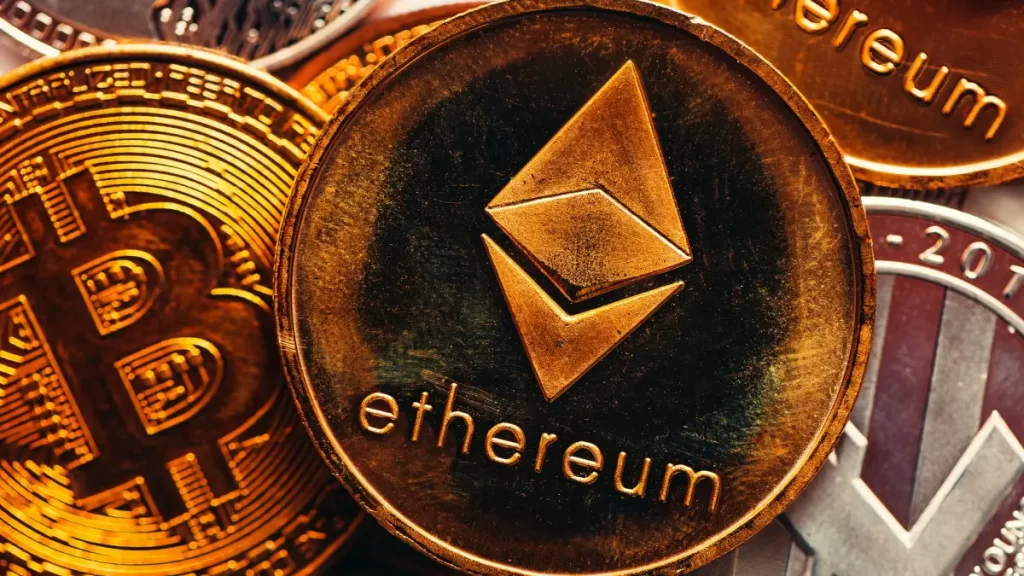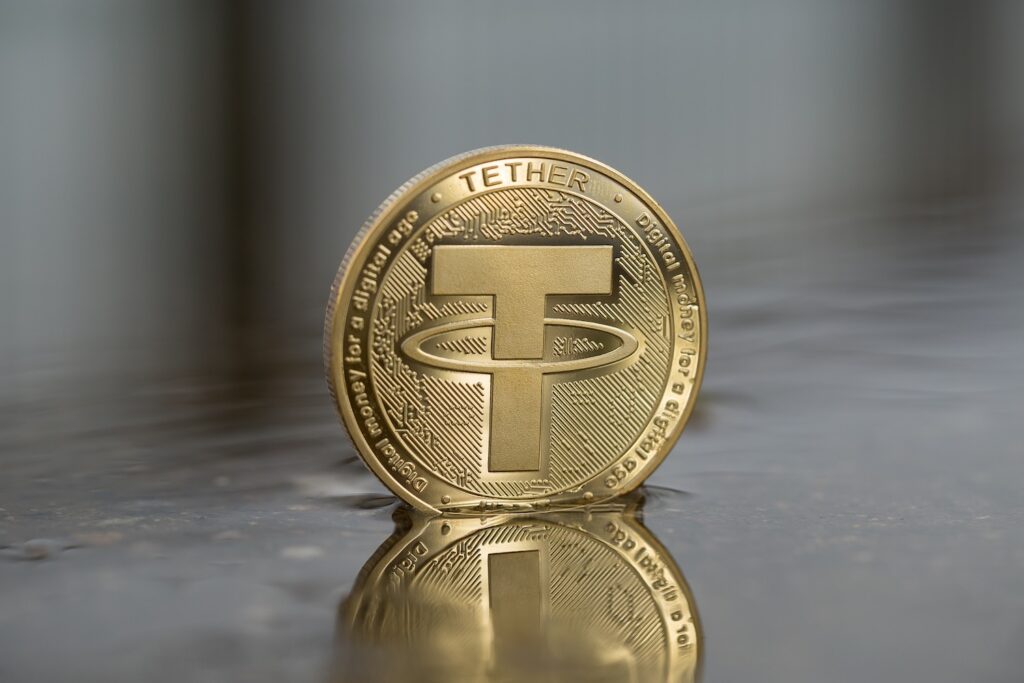Donald Verrilli, former U.S. Solicitor General from 2011 to 2016, has asserted in an appellate brief that the digital asset industry is being targeted by federal regulators through systematic efforts to restrict their banking access.
On July 3, representing the Blockchain Association, Verrilli filed an amicus brief with the U.S. Tenth Circuit Court of Appeals in support of Custodia Bank’s appeal.
This follows a district court ruling in March which upheld the Federal Reserve’s decision to deny the bank a master account.
Custodia Bank had initially applied for a master account in October 2020. After facing prolonged delays, the bank sued the Federal Reserve in June 2022.
The lawsuit cited “unlawful delay” by the Fed in processing its application.
In 2023, the Fed formally rejected the application, pointing to Custodia’s ties with the cryptocurrency sector as a factor.
A judge later endorsed this decision in March 2024, leaving Custodia without recourse to further review its application.
In the brief, Verrilli highlighted the broader regulatory actions against the crypto industry, stating, “Unfortunately for Custodia, its application was caught in the current of federal regulators’ aggressive, coordinated efforts to ‘debank’ the digital asset industry.”
Further complicating matters, Verrilli referenced statements from January 2023 by the Federal Reserve, Federal Deposit Insurance Corporation, and the Office of the Comptroller of the Currency, which collectively suggested that involvement with cryptocurrencies was likely incompatible with safe banking practices.
READ MORE Bitcoin Drops Below $58,000 for First Time in Two Months Amid Major Liquidations
Following these statements, Custodia’s application was denied.
“Through no fault of its own, Custodia became the focus of federal banking regulators’ campaign to isolate the digital asset industry from the greater national economy,” Verrilli added.
Support for Custodia has come from various quarters, including former U.S. Senator Pat Toomey, Wyoming Secretary of State Chuck Gray, and members of key congressional committees.
Another former Solicitor General, Paul Clement, also filed a supporting brief, emphasizing that Custodia had become unfavorably viewed by federal regulators.
The timing of the appellate court’s decision remains uncertain.
The outcome could potentially be influenced by a recent Supreme Court decision that overturned the Chevron doctrine, which had previously mandated judicial deference to federal agency interpretations of law, possibly impacting the review of Custodia’s application.
Amidst these legal battles, the U.S. House of Representatives is set to revisit a Securities and Exchange Commission rule that restricts banks from engaging with crypto, following a veto by President Joe Biden. A successful override of the veto would require a two-thirds majority in the House.
To submit a crypto press release (PR), send an email to sales@cryptointelligence.co.uk.









